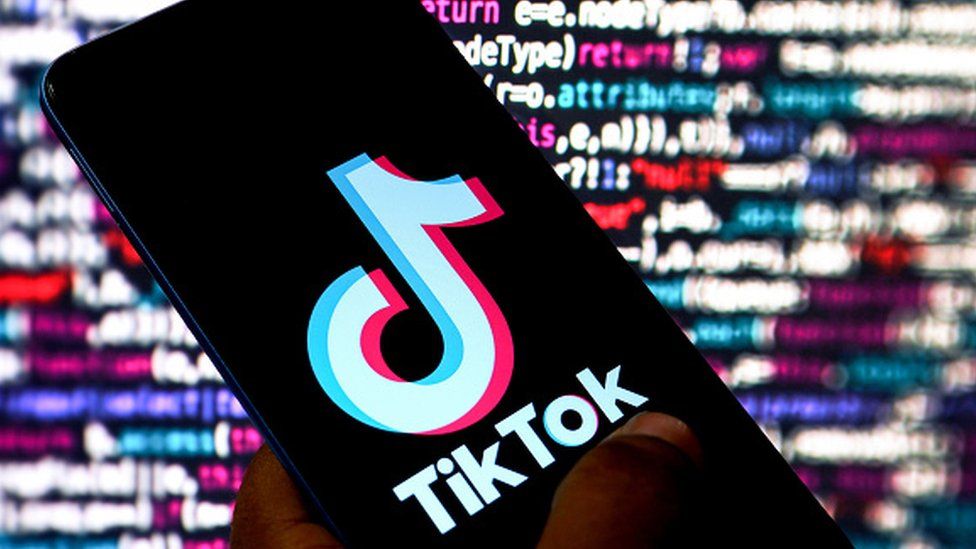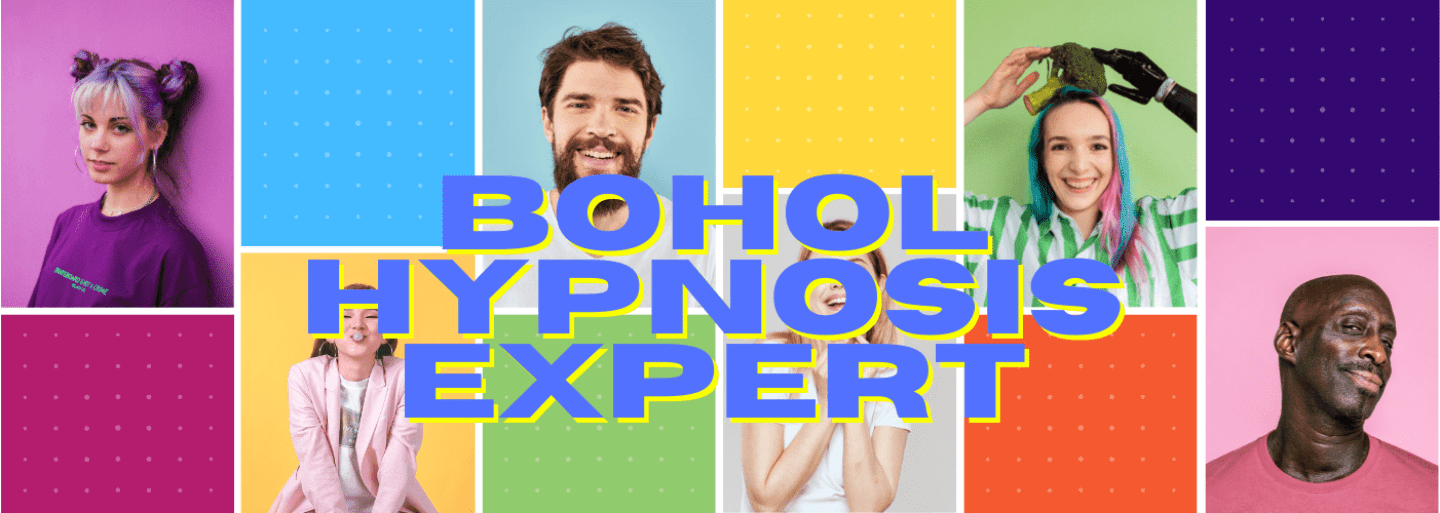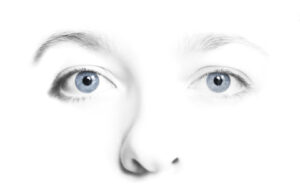
Reduce TikTok Dangers of Addiction with Hypnosis
TikTok is now the world’s most downloaded app and the world’s #1 most visited website, ahead of Google (#2) and Facebook (#3). Every day, more than one billion different videos are viewed on TikTok.
Experts agree that the key to its success is its unique algorithm. Experts such as Dr. Daniel Amens, eminent psychiatrist, reveal TikTok dangers of addiction.
When you join TikTok, you are asked some questions about your interests and what sort of things you’d like to see. TikTok then offers you some of the most popular videos that match your interests and starts monitoring what you do.
It takes note of which videos you watch and—crucially—how much time you spend watching them, and which videos you watch more than once. The algorithm then hones your preferences. Within hours, or even minutes, your videos become more specific, more customized to your interests.
How to Fight the Social network Addictions
First the Power of Dopamine
When you enjoy something or get excited about doing something, your brain produces a chemical called dopamine, Getting a excited or being happy about actions, or activities is good and makes you feel great and finding those events enjoyable. Dopamine enhances your life, making everything feel right to you.
When you see or doing something that makes you feel good, happy, excited, or exuberant then you get a little drip of dopamine. But when you dump dopamine, meaning you produce too much of it, not small drips but large dumps will make you feel flat. More information on Dopamine and your Brain here.
The feeling of a dopamine dump can be experienced with such things as Fame, cocaine, scary movie, sky diving. These makes you feel extremely exhilarated, extremely real, but then when that feeling wears off and there is no further dopamine storage, you have had the dopamine dump.
Feeling that flat, lacking, bland feeling is where addictions start and you begin to chase the need for more dopamine. So, your mind wants you to use more caffeine, nicotine, maybe pornography, possibly more TikTok, more social media interaction, just more more more.
You find the need for the feeling of another dopamine dump and as an addiction desire increases. You find a need for additional dopamine drips and move to more major dumps of this addictive neurotransmitter and hormone. Something to fill that lack.
You just keep seeking a way to feel good and to fill the lacking feeling and to stop that flat empty disassociated feeling. So, it is important for our minds to learn to get small drips of dopamine frequently to keep us happy and feeling good and to eliminate that giant dump.
After a dopamine dump, our dopamine storage runs low or empty. But we need more, we become addicted to the dump of this hormone. Our mind demands us to do more of the previous things that gave us the dopamine dumps before.
To eliminate this addictive behavior, we must learn to supply drips of dopamine by other activities, like holding or kissing our partner, short adventures, limiting time on things that cause you large dumps, rather than always going after the big shots or dumps of dopamine as this will ruin your brain and mind.
Is TikTok Harmful?
The results are uncanny. “TikTok can read my mind” is a common refrain among young people, as the app soon starts serving up videos that are precisely what the viewer was hoping to see: whether it’s a funny cat video, or a video of synchronized swimming, or one about applying glitter make-up.
Or a video of a pretty girl dancing in a way that appeals to a particular teen boy and wearing precisely the outfit that boy finds most arousing, doing exactly the moves that the boy finds most irresistible. And the same is true of sexual variations. “TikTok knew I was bisexual (or gay, or trans) before I did” is a common trope online.
TikTok is customized. It can be addictive. But is it truly harmful to teens?
That depends on how a teen uses it. Adolescence can be confusing. Young people are struggling to figure out who they are. Increasingly, they are looking online for clues and for guidance. Doctors at Texas Children’s Hospital used to see one, maybe two teenagers a year presenting with new-onset Tourette syndrome.
Between spring 2020 and autumn 2021, that number skyrocketed to about 60. Psychiatrists worldwide—from the South Atlantic island of St Helena, to New Caledonia in the South Pacific, to almost anywhere on the planet where kids have access to the Internet—began reporting a surge of teenage girls self-diagnosing with Tourette syndrome.
Many of these girls are shouting out “beans!” at unpredictable intervals. Psychiatrists in England call these girls “Evies” because their behavior resembles that of Evie Meg Field, whose TikTok videos have earned her more than 14 million followers and more than 500 million likes. In a characteristic video, Evie shouts out “beans” uncontrollably.
In an earlier era, the sudden appearance of myriad teenage girls shouting out “beans” might have been called mass hysteria. Today, the preferred term is “social media induced illness.”
Other issues can lead quickly down a rabbit hole. Go to TikTok and type “how can I lose weight?” and it will offer many options. The TikTok hashtag #diet has had over 11 billion views.
There, you will find videos encouraging viewers that simply doing some planks and leg lifts will result in becoming slim in just 16 days (that particular video has had over 32 million views). Scrolling through the videos, it’s easy to be drawn into a spiral of more videos that speak directly to an individual situation.
Alyssa Moukheiber, a dietitian at a residential treatment center for eating disorders in northern Illinois, says, “The TikTok algorithm is just too freaking strong.” The algorithm sucks girls into a world that promises physical perfection for just trying a little harder.
Girls who post videos on TikTok soon discover that their online popularity is linked to their sexuality. Newport Academy is an Atlanta-based treatment center for eating disorders. Crystal Burwell, the program’s director of outpatient services, recently noted that 60% of the girls treated since last summer have posted “sexually inappropriate” videos on TikTok.
A similar observation comes from Paul Sunseri, director of the New Horizons Child and Family Institute in El Dorado Hills, California, who is concerned about the growing number of girls who are posting sexualized videos on TikTok.
“For a young girl who’s developing her identity, to be swept up into a sexual world like that is hugely destructive,” he says. “When teen girls are rewarded for their sexuality, they come to believe that their value is in how they look.” Sunseri estimates that about one-quarter of the girls at his clinic have posted sexualized content on TikTok.
Boys are not immune. A growing number of teen boys are getting sucked into TikTok’s algorithm, which often means they are seeing TikTok videos of young men who are bigger, more muscular, than they are. That can lead to “bigorexia,” boys becoming obsessed with acquiring the muscle-bound look exemplified by The Rock and the entire cinematic Marvel universe of he-men.
Leonard Sax MD PhD is a practicing family physician and the author of four books for parents, including The Collapse of Parenting, which was a New York Times bestseller.
Reduce TikTok Dangers of Addiction with Hypnosis
- The first step is for parents to have a frank conversation with their daughters—and their sons
- Secondly, Jean Twenge, a leading researcher on how social media impacts child and adolescent development, recommendsthat no child under 13 should be on any social media, including TikTok.
- Third step is to seek assistance with the addiction. Using Hypnosis and EFT we can effectively reduce and eliminate the dopamine dump, the excessive hours spent on social network sites and divert attentions from teens to adults to other activities that are healthier for the mind and body.
Do not be afraid to reach out to me, Mark E Wilkins, to assist you in any issues you might have. Most Hypnotherapy sessions last 2 hours and EFT Sessions are usually handled with one session.
To make an appointment, first listen to the Pre-talk and fill out he Complementary Healthcare Provider Disclosure. The use the Contact Form to request an appointment with the Bohol Hypnosis Expert.
NEW SECURITY ALERT FROM MALWAREBYTES ABOUT TIKTOK
TikTok’s “secret operation” tracks you even if you don’t use it
Posted: by Malwarebytes Labs
Consumer Reports (CR), a US-based nonprofit consumer organization, has revealed that TikTok gathers data on people who don’t even use the app itself.
If this sounds familiar, it’s because it’s happened before. Meta’s near-omnipresence wherever you are online enabled it to gather data on users, even those who don’t have Facebook accounts—thanks, in part, to the Facebook “Like” button, a piece of code embedded on most websites.
According to this Facebook Help Centre page, if a logged-in user visits a website with this button, the browser sends user data to Facebook so it can load content to that website.
Something similar happens to users who are either logged out of Facebook or don’t have an account. The only difference is that the browser sends a limited set of data. However you look at it, Facebook gets your data.
In TikTok’s case, the company embeds a tracker called a “pixel.” Pixel gathers user data from these websites to help companies target ads and measure how these work.
CR sought the aid of security firm Disconnect to scan for websites containing TikTok’s pixel, paying particular attention to sites that regularly deal with sensitive information, such as .gov, .org, and .edu sites. It turns out that pixels are already widespread.
“I think people are conditioned to think, ‘Facebook is everywhere, and whatever, they’re going to get my data.’,” said Disconnect Chief Technology Officer (CTO) Patrick Jackson. “I don’t think people connect that with TikTok yet.”
Among other data, TikTok collects the IP address; a unique number; the page a user is on; and what they’re clicking, typing, or searching for.
While the data is used for targeted ads and ad effectiveness, TikTok spokesperson Melanie Bosselait said the data “is not used to group individuals into particular interest categories for other advertisers to target.”
Data collected from non-TikTok users, however, are used in aggregated reports sent to advertisers.
CR also reported why websites use pixels (on top of other trackers). One school, Michigan State University, uses it to “help generate interest in applying to and enrolling courses at Michigan State”.
Dan Olsen, the university spokesperson also said, “They help us target our advertising to relevant audiences. The most sensitive information this pixel captures is potential major interests of prospective students.”
Some sites like Mayo Clinic’s public-facing pages and RAINN, a leading anti-sexual-violence organization, have removed pixels, citing their presence was an oversight. Other businesses CR questioned either declined to comment or never responded.
Jackson said that most companies are unaware TikTok and other big brands gather data this way. “The only reason this works is because it’s a secret operation. Some people might not care, but people should have a choice. It shouldn’t be happening in the shadows.”
To prevent clandestine data collection, policymakers need to get involved. “Because of the way the web is structured, companies are able to watch what you do from site to site creating detailed dossiers about the most intimate parts of our lives,” said Director of Technology Policy for CR Justin Brookman.
“In the US, the tech industry largely gets to decide what is and isn’t appropriate, and they don’t have our best interests front of mind.”
Consumer Reports recommends three guidelines to follow for users to protect their personal information online:
- Use privacy-protected browser extensions, such as uBlock Origin (or, we might add, Malwarebytes Browser Guard).
- Take advantage of your browser’s privacy settings.
- Use a privacy-focused browser, such as Brave or Firefox.
When it comes to tracker presence online, Google and Meta still lead. But TikTok’s advertising business is booming. And, with that, data collection is expected to grow, too.





